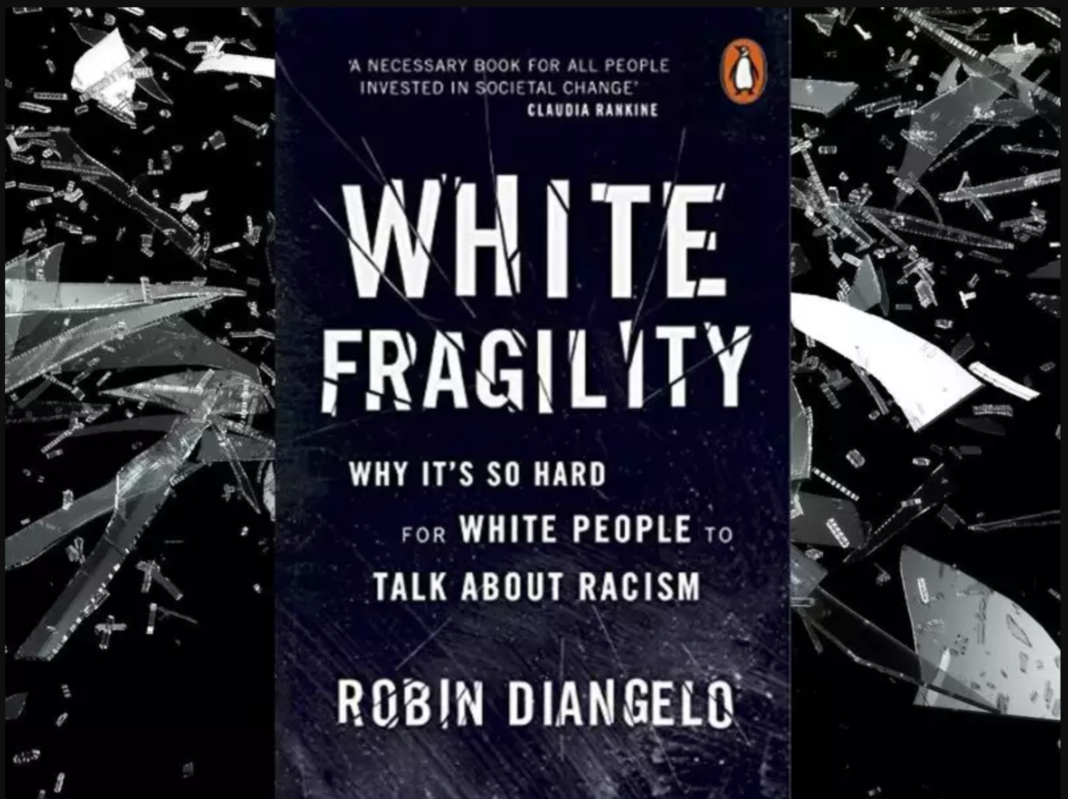The murder of George Floyd has surfaced centuries-long racial tensions in American life, and people have started (again) to look for answers about how they might respond. Thus, the leap of Robin DiAngelo’s volume White Fragility up the sales charts to become an #1 overall bestseller. The sudden prominence of the book has sparked its own sub-conversation of both praise and protest. In light of all of this, how should we as evangelical Christians think about this volume?
I am a white pastor who served for nearly nine years in a majority black church and community. I am now planting a church in a relatively homogeneous, white community in South Florida, with tremendous diversity literally across the street. I have been wrestling with conversations and tensions surrounding race for years, recently finishing my PhD dissertation on the subject of the multiethnic church.
In light of my previous study and experience, White Fragility struck me as somewhat unremarkable. The book offers some helpful things for majority/white people to consider, while those helpful aspects are often undergirded by problematic worldview presuppositions and paralleled by other problematic assertions.
In this article, I want to explore four questions about the book so that we can think about it a bit more clearly.
Why is White Fragility so popular?
I have some theories about the popularity of White Fragility, especially among evangelical, Bible-believing Christians. Here’s my main one: too often, evangelical theology has a thin theological vision that leaves us vulnerable to overreaction. Too often, evangelical ontology (doctrine of being), theological anthropology (doctrine of humanity), soteriology (doctrine of salvation), and eschatology (doctrine of last things) leave a lot of biblical goodness on the table. This leaves us looking for answers, especially in the overt surfacing of underlying racial tension and injustice.
In such times, Christians look for explanations about society and our own experiences, finding a book like White Fragility and saying, “This sounds exactly like what I’ve been looking for!” We eat the meat, but sometimes may also swallow the bones. Much like the “cage stage” of a newly convinced Calvinist or charismatic, we are seeing a lot of “cage stage” awareness of racial injustice. And, as the “cage stage” of anything provokes visceral (over)reaction, the new “wokeness” has been met with a visceral reaction against it. That in part explains the controversy.
Why is White Fragility so controversial?
Many have pushed back against the book, some going so far as saying that Christians should leave the church of a pastor who would recommend it. They have argued that …
News brought to you by Christianity Today




